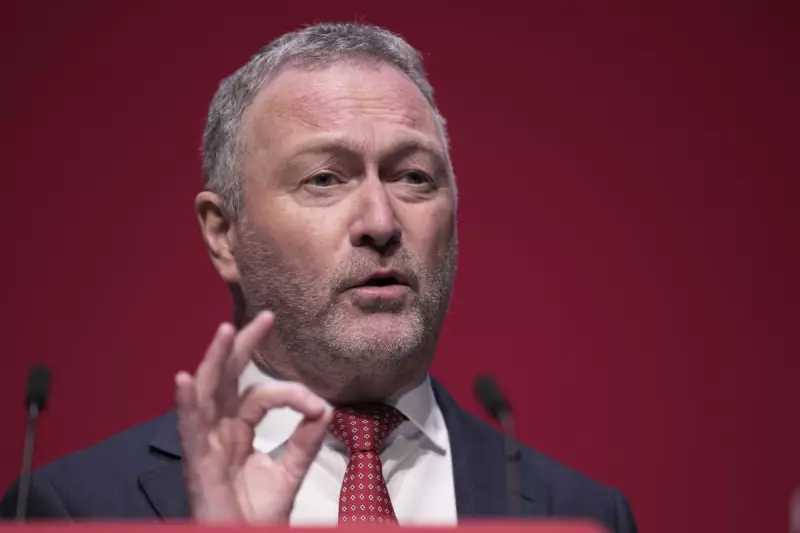
In a significant shift for local governance, the UK government has announced it will grant English mayors and local leaders the authority to implement a new tourist tax on overnight visitors.
Devolving Financial Power to Local Leaders
The Ministry of Housing, Communities and Local Government confirmed that local authorities across England will now be empowered to introduce what it describes as a "modest charge" on tourists staying overnight in their regions. This landmark decision, announced on Tuesday 25 November 2025, fundamentally changes England's position as the only G7 country where such local tourism levies were previously prohibited.
Housing Secretary Steve Reed unveiled the policy ahead of Wednesday's Budget, stating: "Tourists travel from near and far to visit England's brilliant cities and regions. We're giving our mayors powers to harness this and put more money into local priorities, so they can keep driving growth and investing in these communities for years to come."
London's Enthusiastic Response and Financial Potential
London Mayor Sadiq Khan, who has been a vocal proponent of tourist taxation for years, immediately welcomed the announcement as "great news for London." He emphasized that the additional funding would directly support London's economy while enhancing its reputation as a premier global destination for both tourism and business.
"The extra funding will directly support London's economy, and help cement our reputation as a global tourism and business destination," Khan stated. "It also shows what can be done when ministers work closely with Mayors to devolve more powers to cities and regions."
The potential financial impact is substantial. A 2017 research report from the Greater London Authority estimated that implementing a 5 per cent levy on accommodation costs could generate approximately £239 million annually for the capital alone.
Implementation Timeline and Sector Collaboration
Mayor Khan confirmed that his administration will work closely with the hospitality and tourism sectors to develop plans that maximize benefits for both London and local businesses. A public consultation on the specific details of the tourist tax measure will run until 18 February, allowing for thorough industry and public input before implementation.
This move represents one of the most significant recent developments in local government financing and devolution, potentially transforming how English cities fund cultural initiatives, infrastructure improvements, and tourism promotion for years to come.





